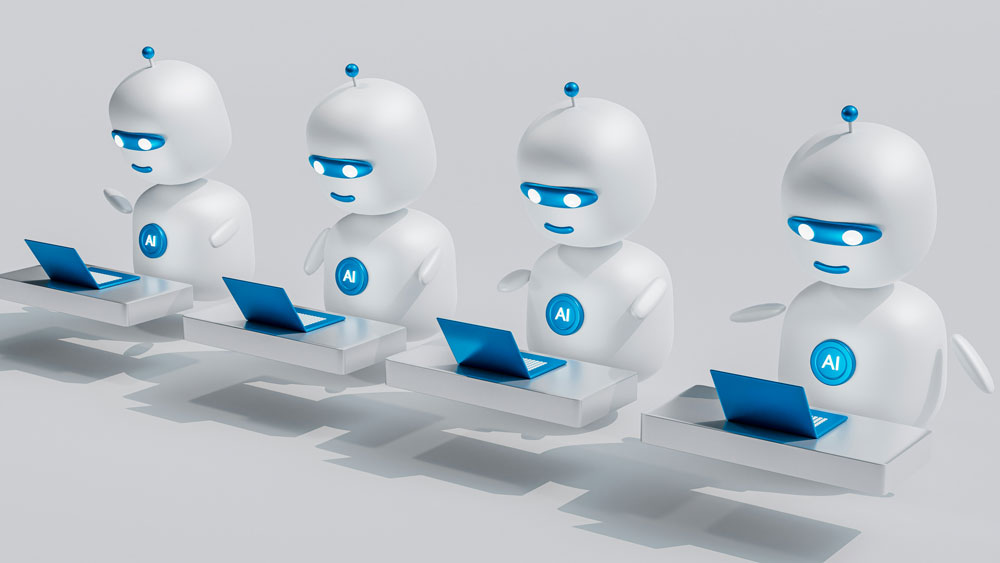AI has amazing capabilities, and it’s one of the best technologies for the future. It’s helping to change the world and bringing productivity enhancements across industries with its exceptional use cases. Quality assurance isn’t left out, either. AI is highly useful in any product development process, and many companies are already harnessing it.
|
ADVERTISEMENT |
Here, we’ll explore how AI is reshaping quality assurance across industries and helping organizations deliver better products to their customers in a shorter time frame. So, let’s start by understanding the benefits of AI in quality assurance, and then we’ll go over some examples of its current use.
What are the benefits of AI in quality assurance?
There are only a few technologies that provide as many benefits as AI. There are infinite AI use cases, with each delivering a different set of benefits. In this section, let’s explore the benefits that AI can offer in the quality assurance process.
Test consistency
…

Comments
Did AI write this article?
Is this article written by AI? It's very impressive for containing 1500 words and not a single ounce of substance. It's an advertisement with zero demonstration of anything, and it imagines a lot of scenarios without imbuing them with any compelling wisdom or experience. It reads exactly like the output of an LLM or a high school junior doing a creative writing exercise.
I'm not saying that AI is *not* reshaping quality assurance across industries. But this article just imagines everything you might imagine as the ways that AI *could* reshape quality assurance across industries, and then it claims that it's happening, without providing any examples or—more important to me—any of the nice bits of wisdom that accumulate from these imaginary things actually being put into practice and reshaped by reality (e.g., "you might *think* it'd be like *this*, but actually what we found was...").
It's a shame to see stuff like this on Quality Digest.
"Having AI systems in your quality assurance process will ensure that your tests are always consistent and free from any bias or oversight."
X
Add new comment